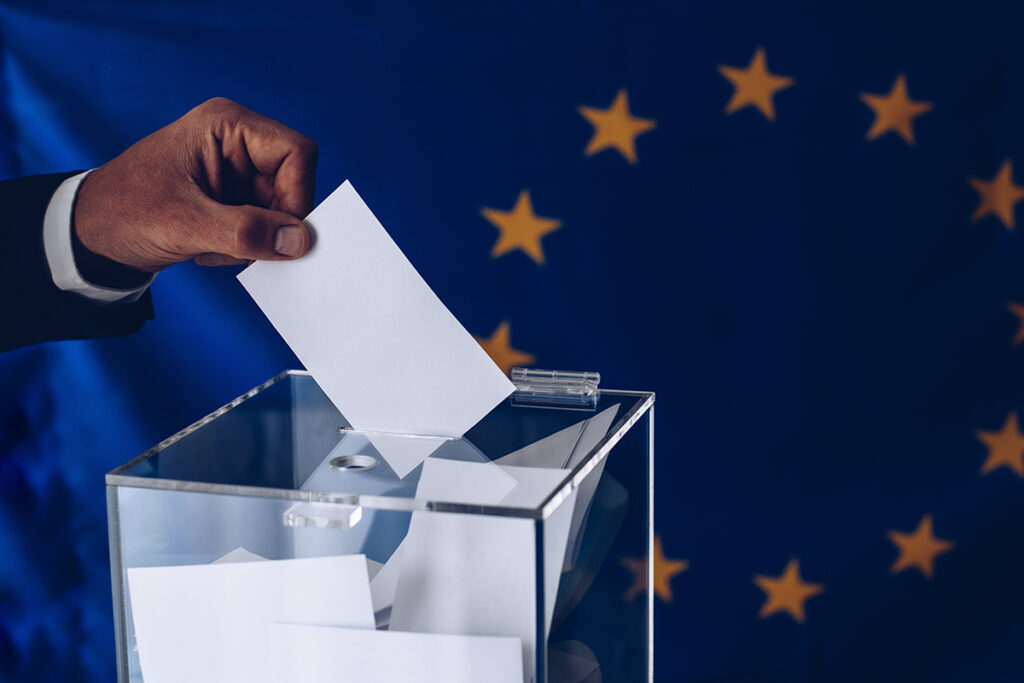If polls are to be believed, French President Emmanuel Macron is likely to be the biggest loser in the upcoming European Parliament elections. On June 6 and 9, some 400 million citizens in all 27 EU member states will have the right to choose their representatives in the continental legislature. Macron’s centrist Renewal coalition has not only consistently trailed the far-right National Rally party, led by new enfant terrible French politician Jordan Bardella, but it is now staring at the possibility of a humiliating third place behind the left. winged coalition led by Raphael Glucksmann.
While the next French presidential election is not scheduled until 2027, the EU parliament vote is expected to send a clear signal about the direction of the French electorate in the second half of Macron’s five-year term.
“Macron is unpopular at home for a number of reasons, which will tarnish his ambition to become the EU’s top leader after Merkel,” says Martin Stephen, senior lecturer in European politics and international relations at Lancaster University. The right is gaining strength not only in France, but throughout Europe.”
Indeed, there are signs of a surge in right-wing forces. Italy’s nationalist Prime Minister Giorgia Meloni has become an influential player in EU politics; The victory of Dutch anti-Islamic populist Geert Wilders in the November Dutch elections stunned Europe; in Sweden, the center-right government relies on a party with neo-Nazi roots, which provides a parliamentary majority; and Hungary’s pro-Russian leader Viktor Orban remains more popular than ever after 14 years in power.
However, the right-wing and Eurosceptic movements in the European Parliament are not monolithic, Stevens warns. “The more extreme Identity and Democracy parties and Europe’s conservatives and reformists are fundamentally at odds on key issues around Ukraine, as well as on the functioning of the single market,” Stevens says. “The EU has always walked a fine line between being a rich club of capitalist countries and a strong proponent of social security and equality. The EU after 2024 may well be more conservative, but it is unlikely to be more far-right.”


